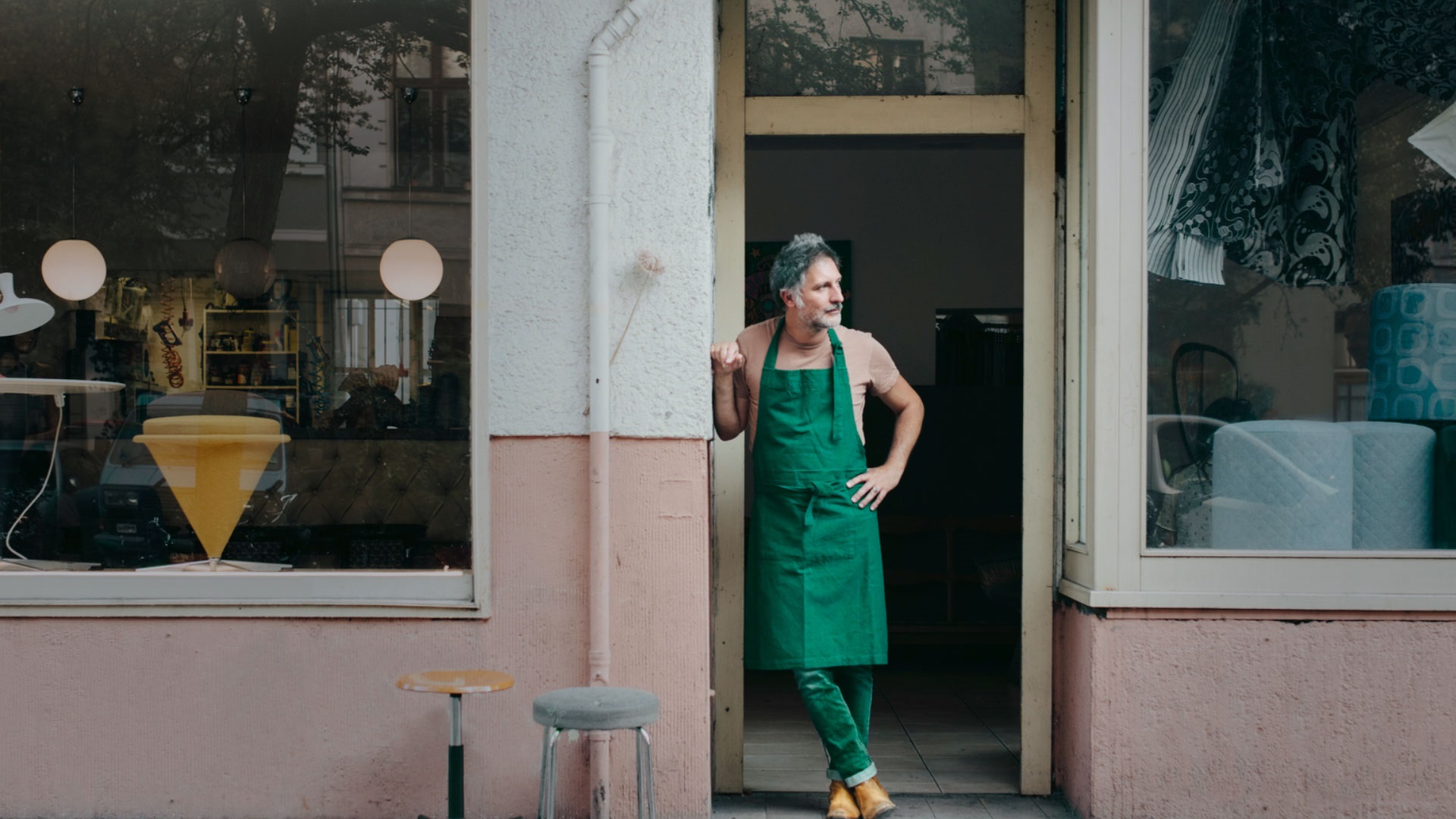A common misconception that frustrates many young would-be entrepreneurs is the mistaken idea that you need to be 18 to start a business. It’s true that, in South Africa, you must be 18 or older to register a business, but it’s not true for starting a business. You can start your own business at any age and register it when you turn 18 – if you choose to. Let’s explore how it works.
Starting out as a sole proprietor
The simplest way to start a business is as a sole proprietor, which means you’re running the business in your personal capacity. In terms of administration, bookkeeping and financial reporting, it is the easiest to manage. You would still need your guardians’ or parents’ help to open a bank account if you are under 18 and not legally emancipated.
The main drawback of being a sole proprietor is that your personal and business assets are one and the same. You are personally responsible for any debt incurred in running your business. In other words, if your business is not successful and you owe money to too many creditors, your personal assets could be used to pay off all the business debt. However, if you have registered a proprietary limited company (Pty Ltd), your liability is limited, and your personal assets are safe. Since you can’t register a business until you’re 18, you need to keep this personal risk in mind when you start a business at a younger age.
As an unregistered business, you cannot trade with established businesses or the public sector (national, provincial or local government departments). Operating as a sole proprietor limits the potential size of your customer base. You need to be aware of these challenges, but don’t let them put you off. If you have a solid business idea, you can start a business at any age.
Supporting young entrepreneurs
At Nedbank we understand why so many young South Africans are keen to start businesses. In South Africa we have so many child-headed households, with orphaned teens trying to provide for their younger siblings. That contributes to our educational challenges and high dropout rate at schools, worsened by Covid. The youth unemployment rate officially stands at 64.4%. For too many, the only jobs available are those they create themselves. Under these circumstances, starting your own hustle may be the only way to survive.
The key ingredients to business success are consistency and passion
Even in more affluent households, where young people can count on parental support and education funded all the way to university, budding entrepreneurs understand that running their own businesses and developing several income streams will be more secure than relying on the uncertain future of the job market. If you’re born to run a business and be your own boss, the urge starts early.
That’s why Nedbank is committed to promoting youth entrepreneurship and supporting small- and microbusinesses, both before and after they’re registered. Initiatives like Together, Beke le Beke are part of this commitment. We’re helping to provide training, funding and mentorship to young entrepreneurs as they learn the ropes of running a successful business.
What do you need to start a business?
According to Nic Haralambous, a serial entrepreneur who started his first business when he was only 16, the key ingredients to business success are consistency and passion. Through his Slow Hustle site and online Side Hustle Academy, one of our partners also supporting young business owners, Nic shares the benefit of more than 20 years’ experience starting and growing businesses. He gives practical tips on kick-starting a new venture, mentors start-ups through his academy, and uses his own funding and that of partners like Nedbank to help finance new microbusinesses.
Determine what you are good at, what you want to do with that skill, and create a business around that. Are you gifted at fixing computers, or setting up software for those who struggle with all things cyber? Do you have woodwork, metalwork, or do-it-yourself skills that will be useful in your neighbourhood? Are you a born salesperson? Or would something more outdoorsy appeal to you – a local car wash, or a dog-walking service? Whether you offer a service, make products to sell, or buy products at wholesale prices to sell at retail, a passion for what you do is vital.
As a sole proprietor, you pay tax on your business in your personal capacity
If you’re passionate about your field, you will find enough time to run your hustle until you master it – consistency is key. You need to decide how much time you can spend on your business each week, and then spend that time without fail, working to make it a success, come rain or shine.
In fact, Nic believes that persistence and passion are more important than resources when you’re starting out. Start out small and on a shoestring budget; don’t borrow money that you can’t be sure to pay back later. ‘When you start out, sales should be your funding,’ is how Nic puts it.
Growing your skills and experience
Mentoring and business education are also key. Another Nedbank resource to help you get your business knowledge and industry networking up to speed is SimplyBiz. This dynamic platform gives businesses of all sizes, from start-ups to established companies, access to multiple funding options, skills training, discounts on day-to-day business supplies, free advertising and business leads. Nedbank also offers the YouthX platform, where some of South Africa’s most accomplished youth changemakers give guidance and industry expertise to other young entrepreneurs.
Tax implications of being a sole proprietor
As a sole proprietor, you pay tax on your business in your personal capacity.
You must register as a taxpayer with the South African Revenue Service (SARS), because your business is earning you an income. However, every year SARS sets a tax exemption threshold for personal taxpayers. Anyone who earns less than that threshold does not pay personal income tax. Once you start earning more than the threshold, you will be taxed on your taxable income, which is the amount that you have earned above the threshold.
It’s a good idea to find out more about tax regulations on the SARS website. In the 2021/2022 tax year, the personal income tax threshold for individuals under 65 was R87,300, but it changes every year.
Starting a business young could be your path to a more secure, comfortable future
You should also get advice from an accountant or tax consultant as often as you can afford to, but at least once a year. Not only can they help you understand what taxes you need to pay and prepare your tax returns, but they can also identify which of your expenses are allowed as business deductions, resulting in a lower tax liability.
If you remain a sole proprietor, you will move steadily into higher personal income tax brackets as your income increases. It could rise to as high as 45% in the top personal tax bracket – at some point after you turn 18, it is going to make sense to register your business and pay corporate tax on it, because your tax rate will then be lower. It will also make financial sense to register your business for value-added tax (VAT) at some point. In both these areas, you should always rely on expert advice from a qualified professional.
Starting a business young could be your path to a more secure, comfortable future, or it could be so much more. If you manage it properly so that it’s sustainable and successful, your business will grow and create employment for others, which could change the lives of many people in your community. It’s therefore vital for young entrepreneurs to learn how business works and how to run one successfully.








